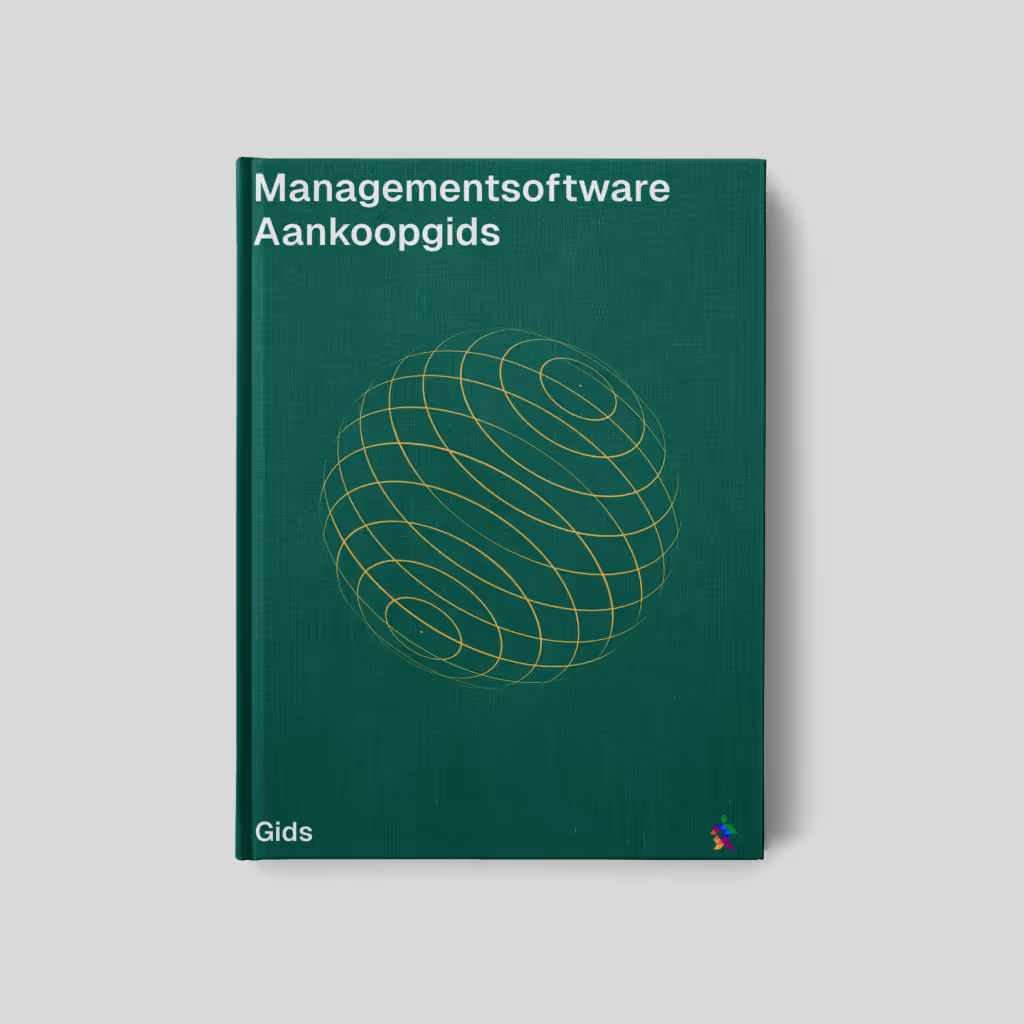The Corporate Sustainability Reporting Directive (CSRD) is a European directive. This directive requires companies to be transparent about their sustainability efforts. The CSRD is an addition to the Non-Financial Reporting Directive (NFRD).
Purpose of this extension? Better informing investors and other stakeholders and thus contributing to a more sustainable economy. The CSRD presents both challenges and opportunities for small and medium-sized enterprises (SMEs).
What is the CSRD and why is it important for SMEs?
With the arrival of the CSRD, as a company, you are obliged to provide comprehensive information about the impact that the company has on the environment, social affairs and governance (ESG). From 1 January 2026, listed SMEs will be required to prepare sustainability reports. If you are an unlisted SME, you do not have a CSRD obligation yet.
Indirectly, however, SMEs may have to deal with the CSRD. This is because large companies that fall under the CSRD must provide information about their entire value chain.
Want to know more about what the CSRD is and why it's important? Read it here.

Why can't SMEs ignore sustainability reports?
Sustainability reports are becoming increasingly important. Customers and investors value a transparent policy when it comes to sustainability efforts.
An additional advantage, if you proactively provide your sustainability information, this can improve your reputation. This allows you to stand out in the market. For SMEs, it is therefore essential to prepare for the changing requirements, but also for the opportunities that the CSRD presents.
What exactly are the CSRD's challenges for SMEs?
Administrative burdens
Collecting and reporting sustainability information can result in a much greater administrative burden. This means extra workload for SMEs, which may require them to hire additional staff or external consultants. The resources that SMEs have at their disposal are often limited, so this can be a challenge.
Lack of knowledge
Many SMEs do not have the right expertise to prepare sustainability reports. They also don't meet ESG criteria. Lack of the necessary knowledge can make it difficult to meet the requirements of the CSRD. Organizations will therefore have to invest in training courses. They will have to closely monitor developments in this area.
Data collection and processing
Identifying, collecting and analyzing relevant data is highly complex. New systems are often necessary to efficiently manage existing processes. Finding a suitable ICT system and tools can be a challenge, but it is essential for effective reporting.
Transparency requirements
The CSRD imposes strict requirements for transparency. For SMEs, this will be a challenge. SMEs are used to sharing less detailed information. Being transparent also offers opportunities; it increases trust among customers and investors.

The opportunities that the CSRD offers for SMEs?
Enhance business opportunities
Sustainable companies are becoming increasingly attractive, both for customers, investors and employees. By providing transparency about sustainability efforts, an SME can create new business opportunities. This in turn can lead to a larger customer base and improved relationships with stakeholders.
Sustainable competitive advantage
When you know how to integrate sustainability into your strategy, the company can stand out from the competitors. This can lead to a stronger brand and more loyal customers. By focusing on sustainability, it can also help attract talent who value corporate social responsibility.
Efficient business operations
By properly analyzing sustainability data, any carelessness in processes can be uncovered. By properly addressing these carelessness, cost savings can be made within the organization. This means improved profitability as a result.
Innovation and digitization
By focusing on sustainability within the organization, your organization will innovate. SMEs in particular are encouraged to develop new and more sustainable products and/or services. To the sustainability data In order to manage, it is advisable to implement digital tools.
Increasing market position and image
By implementing the CSRD, SMEs can improve their market position and give the company's image a positive boost. Being transparent about your sustainability efforts creates a distinctive character. In society, there is an increasing appreciation for corporate social responsibility. Increasing the customer base and long-term customer relationships are great additional benefits.
Improving internal processes
By focusing on sustainability reports, SMEs are also encouraged to review their internal processes. Redesigning processes brings new business opportunities. By sharing sustainability data with partners and suppliers, an entire value chain can be made more sustainable.
CSRD software helps SMEs
When it comes to managing the follow-up of questions, CSRD looks like many other audits. For ISO2HANDLE CSRD software that was the reason some time ago to CSRD to integrate into its platform.
By integrating CSRD into the existing ISO2HANDLE environment, the lives of CSRD managers suddenly become a lot more fun and efficient. Actually, in exactly the same way as quality and risk management that can be for the QHSE manager.
Do you want to know what that could mean for your company or are you curious about a CSRD reporting example? We would love to show it to you in a short demo.
Conclusion
The CSRD presents both challenges and opportunities. The proper drafting of sustainability reports requires a lot of extra effort on the part of an organization. By contrast, complying with the CSRD directive can improve the market position. Internal processes are being reviewed and innovation is welcomed. Smart systems and process optimizations make it easier for SMEs to comply with the CSRD rules.
Quality, Health, Safety and Environment?















